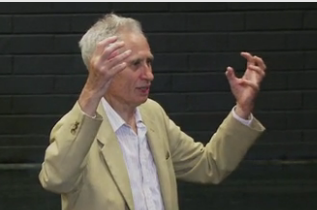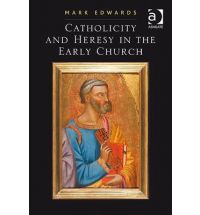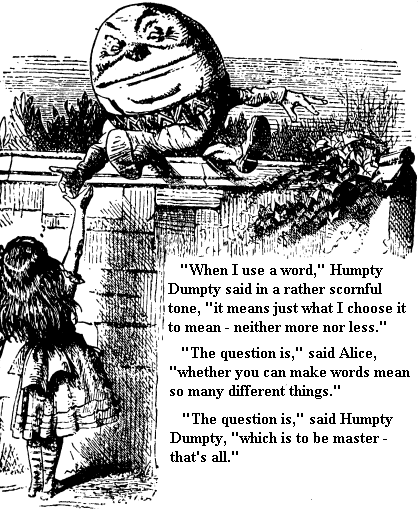 I’ve posted quite a few times here before about identity, and about the principle often called “Leibniz’s Law” – the Indiscernibility of Identicals. This is often put:
I’ve posted quite a few times here before about identity, and about the principle often called “Leibniz’s Law” – the Indiscernibility of Identicals. This is often put:
Necessarily, for any x and any y, x is identical to y only if for any P, x has P if and only if y has P. (Compare, e.g. Colin McGinn, Logical Properties (New York: Oxford University Press, 2000), 4-7.
I agree with other philosophers that this has apparent counterexamples, if “P” can stand either for any predicate or for any property.
But in my view, the underlying metaphysical intuition – that a thing can’t at one time be and not be a certain way – is undeniable. (And of course, it has important theological implications.)
I would restrict the “P” above to intrinsic properties, if I believed in properties. But I don’t. So I’ve been putting the principle like this:
The Indiscernibility of Identicals: Necessarily, any A and B are identical only if they (1) never have differed, (2) don’t differ, (3) will not ever differ, and (4) could not differ.
This formula doesn’t import any assumptions about property-theory, either for or against. Rather, it uses only a primitive concept of differing, or being different – as to qualitative aspect or way of being, not as to number. I think this well captures the intuition and fundamental conviction noted above.
But it now strikes me that the formula is needlessly complicated. Why not just this?Read More »Simplifying the Indiscernibility of Identicals


















 Eminent Bible scholar
Eminent Bible scholar 
